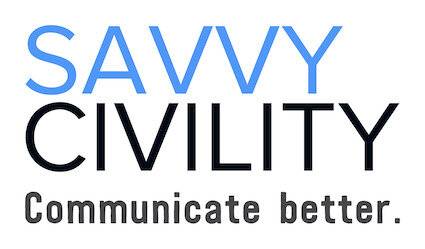Providing Actors for Education and Research since 2018.
Life may not be a dress rehearsal . . .
but if you want the best performance, dress rehearsal is essential.
Involvement is the key to learning.
Our actor/coaches are the human equivalent of flight simulators in an aviation school.
“Soft” skills aren’t soft at all. They’re the foundation of success.
Experiential learning builds competence and confidence because“think and do mode" is more effective than “sit and listen” mode. When learners make mistakes in a safe environment it leaves a lasting impression. Role play training with professional actors has been used to train medical students, military personnel, emergency responders, and law enforcement agents for decades.
Q.) Who can benefit from role play training?
A.) Anyone who has to work in a tense, or fast paced professional environment where interpersonal communication and/or complex decision-making is key.
Q. Why is role play training effective?
A.) People naturally learn through exploration. Scenario-based practice engages learners on both emotional and cognitive levels. Moreover, the intensity and immersion of role play gives learners the opportunity to assess both their decision-making and communication skills in a way that passive learning or simple exercises don't.
Q. Why should we use actors for training when we can just have the learners take turns playing the roles?
A.) Here are five important reasons:
1.) Actors are more lifelike and less distracting than colleagues or coworkers.
2.) Having to play both roles can be uncomfortable for learners because they’re not actors.
3.) For many learners, the anxiety about “having to act” overshadows their thoughts and undermines their ability to learn.
4.) Using professional actors allows learners to stay focused on learning and frees instructors to more objectively observe and assess them because they’re not saddled with facilitation, or concerns about poorly acted role plays.
5.) Actors have been trained to re-create an emotional state, on demand, time after time. A facilitator can hit the "pause" or "rewind" button and, without fail, the professional actor can resume on cue.
Want to find out more? Contact us today.
What you hear, you forget.
What you see, you remember.
What you DO, you understand. — T. Harv Eker

